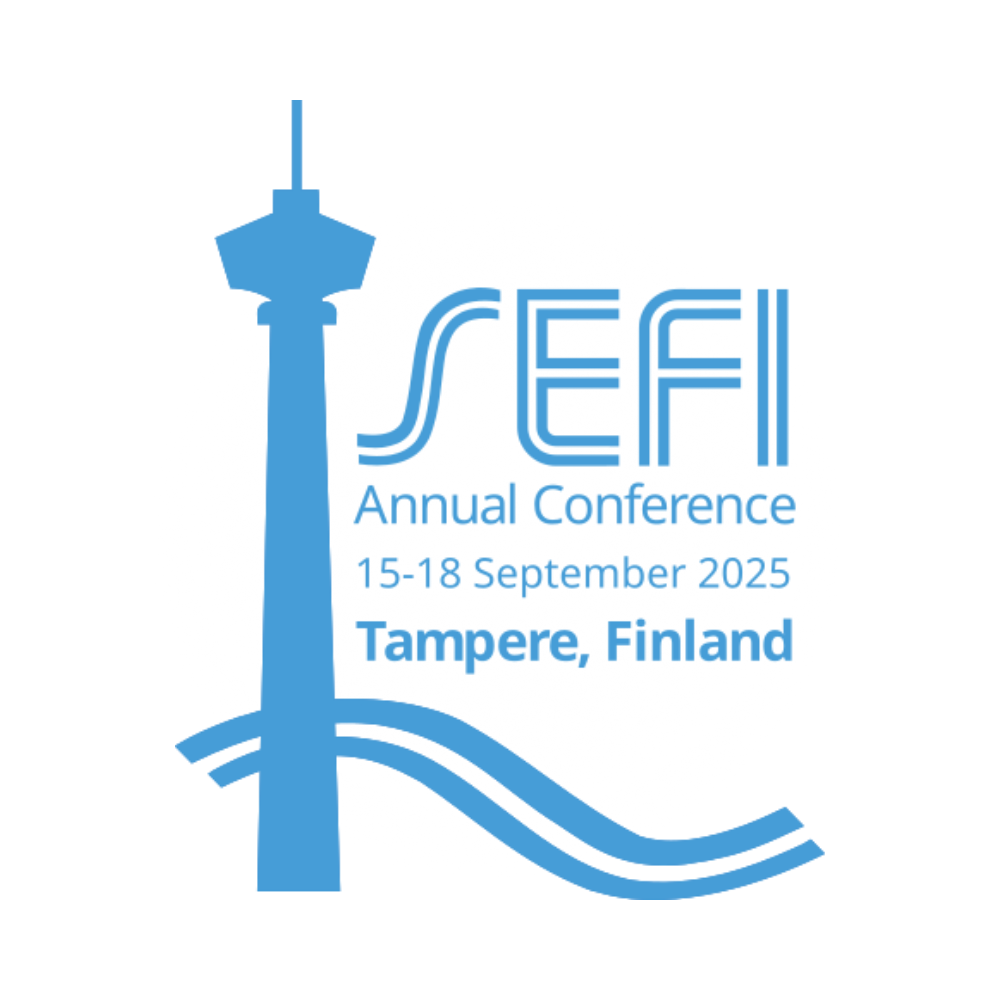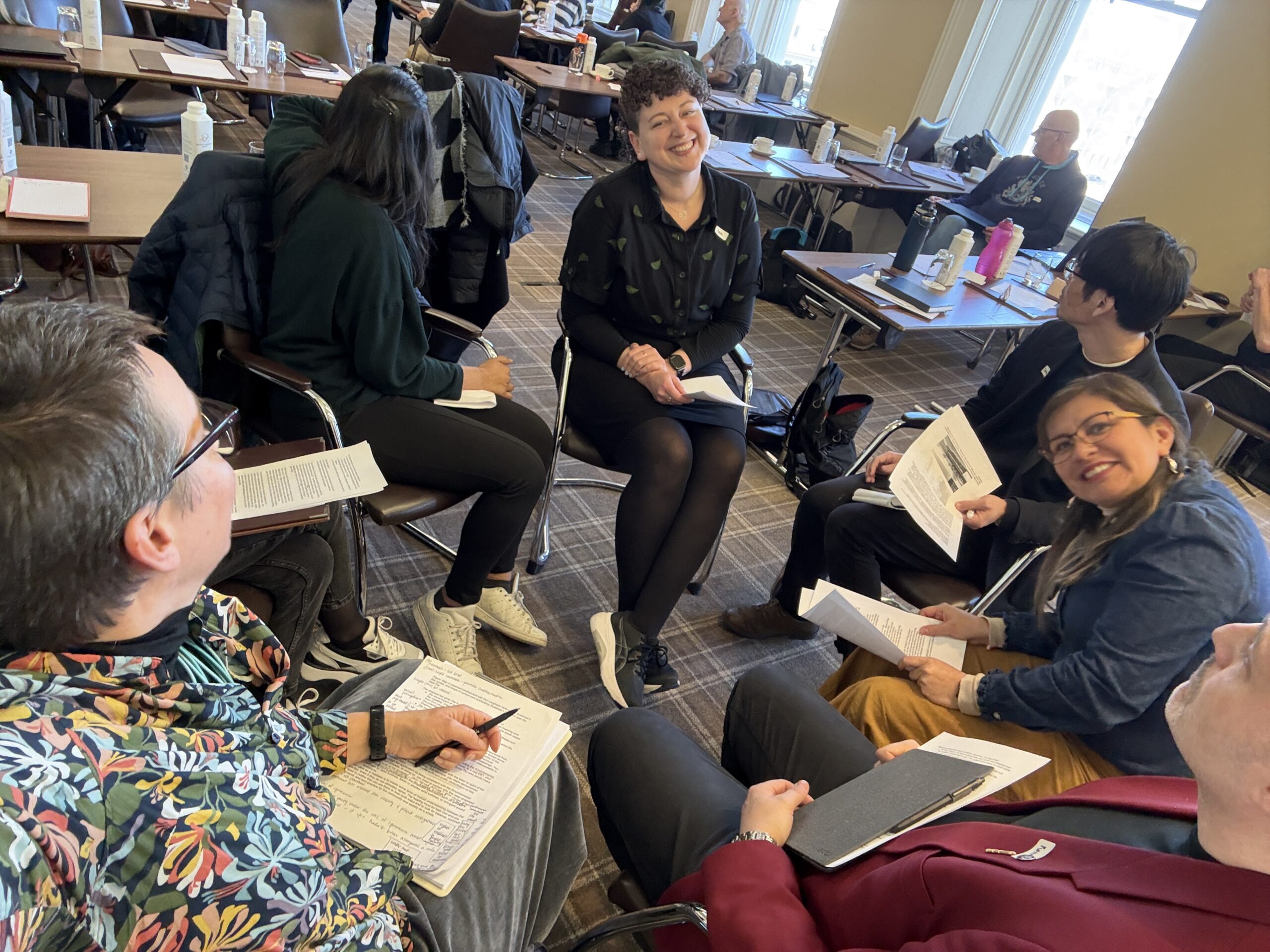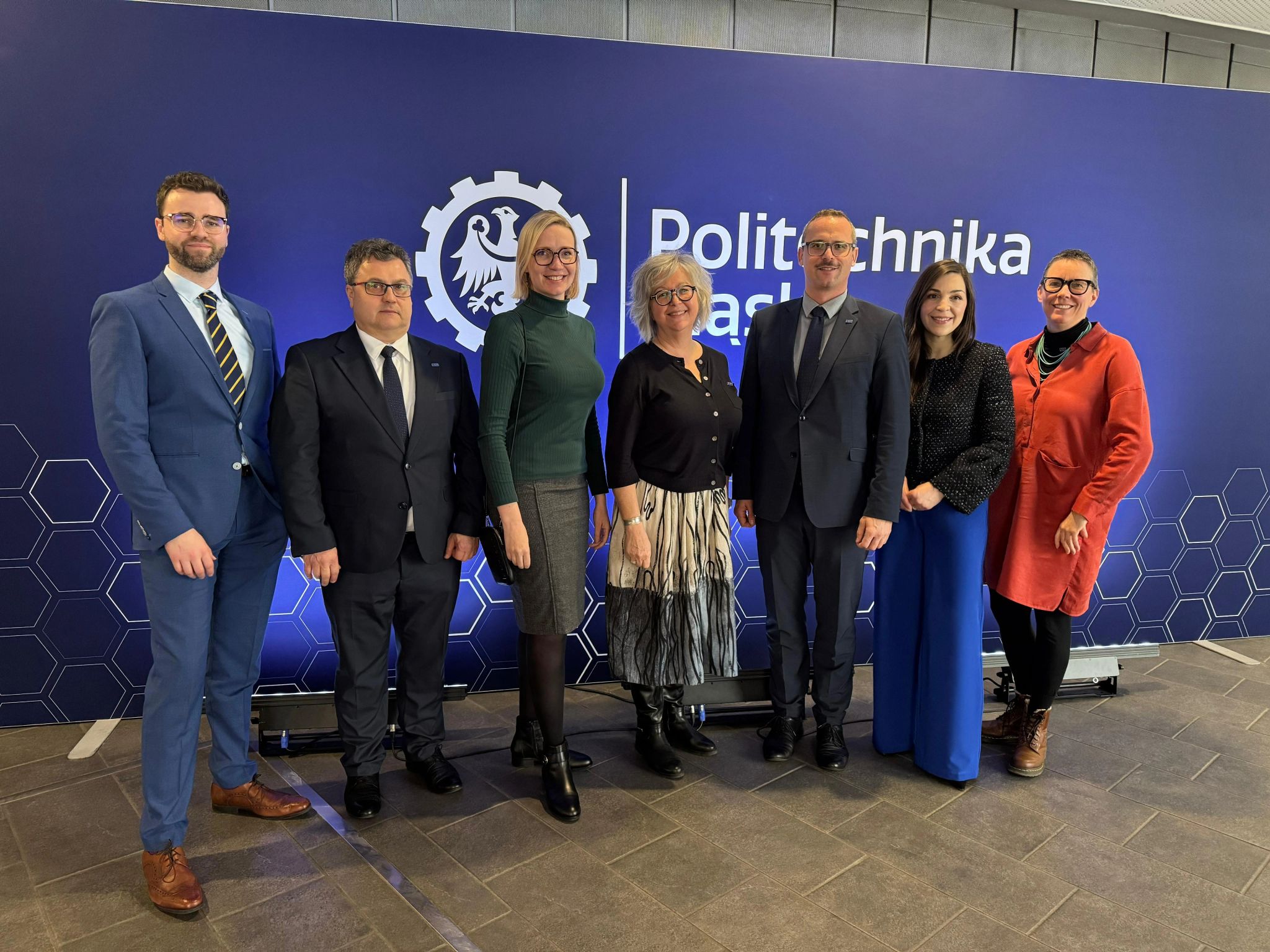We are excited to announce that registrations for the 53rd SEFI Annual Conference are now…
Ali Jaberiansari, Claire Lucas, Francesco Ciriello (Kings College London, The UK)
Education and skills are closely aligned with Engineering Education delivering the knowledge and the competencies required to apply that knowledge to successfully solve problems. There exists a large body of evidence on the so-called ‘soft-skills gap’ with industry placing high expectations on incoming recruits. However, educators lack a validated framework for Engineering skills which allows us to articulate, train and assess students to meet these needs.

According to the Institution of Engineering and Technology (IET) 2021 survey, a fifth of engineering employers report recruitment difficulties due to applicants lacking soft skills. Nearly half of those employers (49%) pinpoint teamwork skills as the most critical gap, with time management and prioritisation closely behind at 43%. These skill deficits are certainly well articulated by industry. However, we have identified a lack of validated process and methodologies to identify the skills an Engineer needs to succeed in a changing world.
We seek a solution which allows us to robustly link the industrial voice with formal engineering education policy such as accreditation and professional registration requirements, incorporating other competency frameworks such as education for sustainable development to create a holistic framework for Engineering Education. We aim to create a structured way to assess and train non-technical competencies which, according to (Estela-Carbonell et al., 2016), are not traditionally incorporated into the curricula taught in Science, Technology, Engineering and Mathematics (STEM) Universities.

One promising approach (taken from outside of Engineering) is the development of a Behavioral Marking System (BMS) for engineers, inspired by similar systems used in aviation and surgery. These systems, which are designed via a formal methodology, consist of critical non-technical skills associated with behaviours which are well-articulated and, importantly, can be observed and therefore assessed.
Our research, at the intersection of behavioural science, education, and systems engineering , aims to create a comprehensive behavioural taxonomy for engineers. This taxonomy outlines the non-technical skills expected of UK engineers, providing a foundation for assessing and educating students in engineering non-technical skills. Through expert workshops and literature reviews, we have compiled over 400 expectations from engineers, which will inform the development of our BMS. We’ve also gathered contributions from senior managers from world-leading engineering companies, including AWE, ARM, Jaguar Land Rover, BAE Systems, IQE, Dyson, and Mott MacDonald. Several essential soft skills have emerged as critical for engineers so far, which triggers more interdisciplinary considerations when it comes to their training:
- Communication: Engineers must convey complex technical information to technical and non-technical audiences. Effective communication is crucial for teamwork, stakeholder engagement, and precise documentation.
- Leadership: As engineers often lead projects or teams, leadership skills—including motivation, decision-making, and team guidance—are essential.
- Problem-solving and Decision-Making: Core competencies for engineers are vital for analysing issues, developing solutions, and making informed decisions in project management and design.
- Lifelong Learning: Given the rapid pace of technological advancements, continuous learning is essential for staying current with new tools, techniques, and methodologies.
- Business Acumen: Understanding market needs and identifying innovation opportunities are crucial for engineers to create value in their work.
- Intercultural Skills: Engineers must navigate cultural differences effectively in a globalised world, especially when working on international projects or in diverse teams.
- Socio-Environmental Awareness: Engineers must be mindful of the broader impact of their work on society and the environment, ensuring their solutions are sustainable and responsible.
Furthermore, project-based learning environments, already prevalent in our programs, provide an ideal platform for implementing behavioural marking systems. By embedding teaching and assessment of non-technical skills into technical projects, our students can develop their soft skills in a context that mirrors industry practices. This holistic approach enhances technical knowledge and equips future engineers with the behaviours, abilities, and skills necessary for success.
Incorporating non-technical skills into the core of engineering education is not just a supplement to technical training—it is essential for producing well-rounded, industry-ready engineers. As we continue to refine our understanding of the skills required for success in engineering, we must prioritise the integration of soft skills training and assessment, ensuring that 2030 engineers are not only technically proficient – something we have put at the centre of our research agenda.


